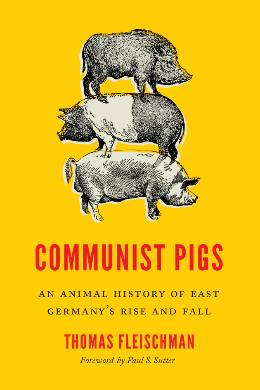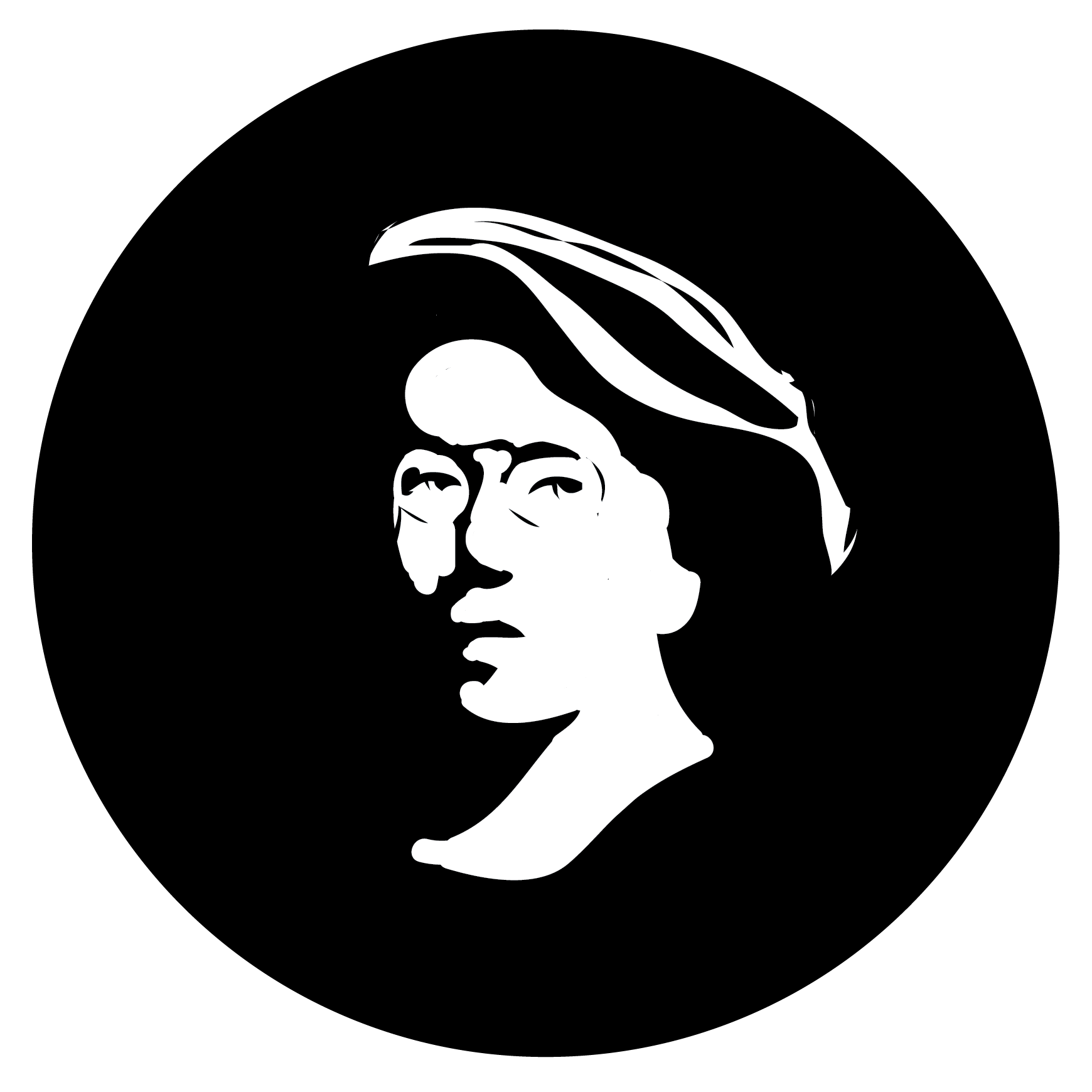The pig played a fundamental role in the German Democratic Republic’s
attempts to create and sustain a modern, industrial food system built
on communist principles. By the mid-1980s, East Germany produced more
pork per capita than West Germany and the UK, while also suffering
myriad unintended consequences of this centrally planned practice:
manure pollution, animal disease, and rolling food shortages.
The pig is an
incredibly adaptive animal, and historian Thomas Fleischman uncovers
three types of pig that played roles in this history: the industrial
pig, remade to suit the conditions of factory farming; the wild boar,
whose overpopulation was a side effect of agricultural development
rather than a conservation success story; and the garden pig,
reflective of the regime’s growing acceptance of private,
small-scale farming within the planned economy.
Fleischman
chronicles East Germany’s journey from family farms to factory
farms, explaining how communist principles shaped the adoption of
industrial agriculture practices. More broadly, Fleischman argues
that agriculture under communism came to reflect standard practices
of capitalist agriculture, and that the pork industry provides a
clear illustration of this convergence. His analysis sheds light on
the causes of the country’s environmental and political collapse in
1989 and offers a warning about the high cost of cheap food in the
present and future.

